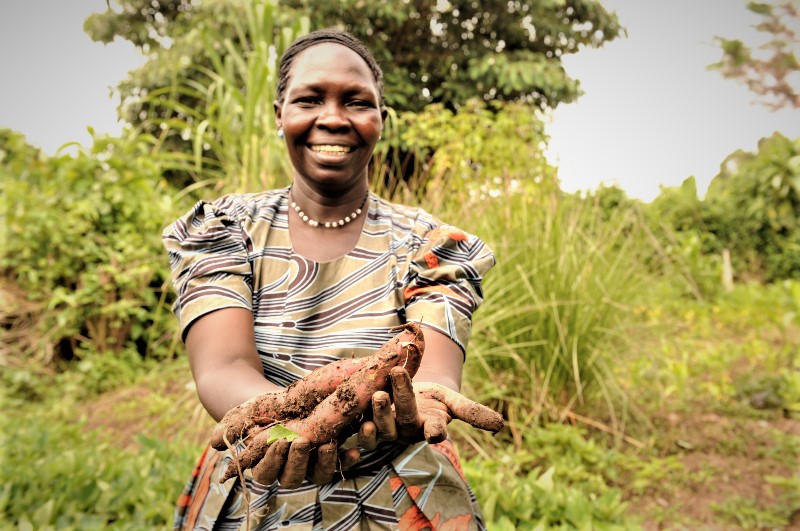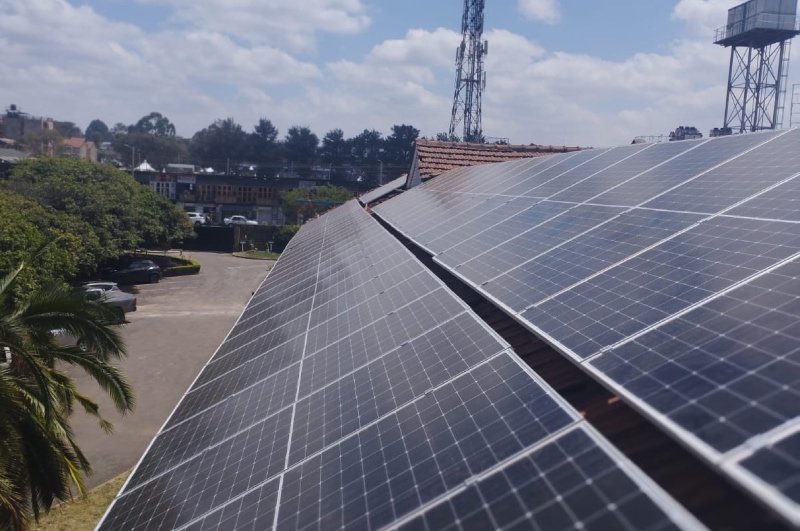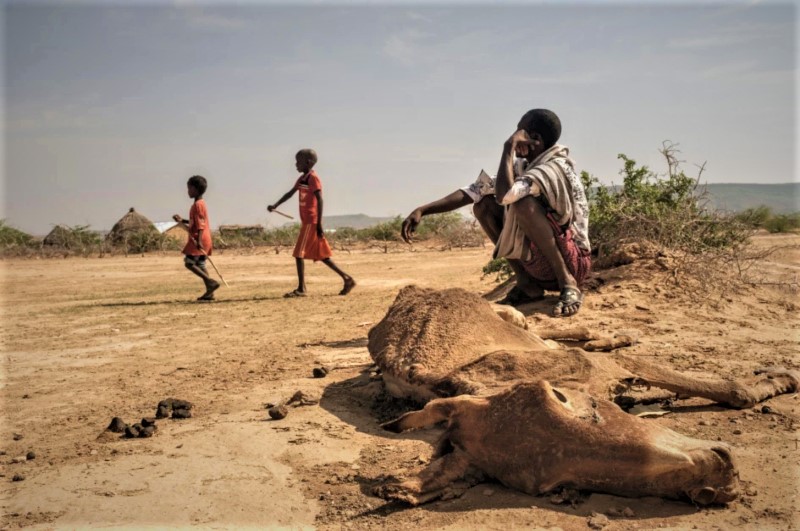

In the spirit of the Stockholm meeting, the Jesuit Justice and Ecology Network Africa (JENA) held a two-day Advocacy Building Workshop on Integral Ecology and Climate Justice on the 13th of June. The workshop was held in Nairobi, Kenya, and was supported by CARITAS AFRICA and CAFOD.
JENA gathered representatives of member and partner organizations in Nairobi for a strategy-building workshop on climate justice and integral ecology. Participants were drawn from Kenya, Madagascar, Malawi, Zimbabwe, the Democratic Republic of Congo (DRC), Congo Brazzaville, Togo, and the Philippines. The workshop was structured to use integral ecosystem restoration as both a conceptual framework and a method for reflection. This means including community leaders alongside policy experts and centering the group’s shared reflections around the experiences and knowledge of those deemed “marginal” under the technocratic paradigm.
The workshop aimed to build dialogue among all participants by utilizing Ignatian communal discernment as its mode of deliberation.
During the two days, participants explored the most important priorities for Africa for climate: increased funding for adaptation, mitigation, and emissions reductions, and how funding can reach affected communities. According to the JENA research and policy analyst, Bryan Galligan, SJ, there is a need for “a strong loss and damage mechanism that would compensate countries and especially communities for the losses and damages they've already suffered.”
The first day of the workshop focused mainly on the impacts of climate change in different countries, and the key issues that need to be given priority were presented by representatives from various countries. Most of the issues presented by representatives from various African countries cut across the continent and appeared related in one way or another. Mostly highlighting “the immediacy and severity of loss and damage that communities are already experiencing,” as Galligan, put it, during an interview with ACI Africa. On the second day of the workshop, participants focused on taking the issues that were selected as important and turning them into action both in advocacy and in education.
Why is Climate Funding for Adaptation important in Africa?
In a report published by Brookings (Foresight Africa 2022), and also highlighted by the World Bank, if the financing gap on climate adaptation is not addressed, there is a risk of widening in the future due to fiscal drain on resources from the COVID-19 pandemic, especially for low-income countries who are hard-hit as they bear a disproportionate weight of climate disasters. The report indicates, that in 2020, more than one in five people in Africa faced hunger—more than double the proportion of hungry people in any other region. The continent remains a net food importer at an annual cost of $43 billion.
A petition dubbed, “FOOD NOT FUEL!” addressed to the June 26-28, G7 Summit, by JENA in collaboration with Jesuit Missions, during the Feast of Corpus Christi on June 19, echoes the report by Brookings. In the Petition, Fr Chilufya, SJ, the Director of JENA noted that the war in Ukraine has caused a hunger crisis in Africa “Wheat price increases are hitting poorer countries hard. Since the start of the year, wheat prices have gone up 53%. It is estimated that 400 million people depend on Ukraine’s food exports. Many poorer countries are dependent on these exports to feed their people.”
This petition puts into perspective the food insecurity crisis in the context of Africa, where a long history of political and economic exploitation by the Global North has created weak institutions, unequal economies, and food systems unfit for purpose. The structural injustices, and the human suffering caused is profoundly unfair. What is even more concerning, however, is that they also contribute to making communities in Africa incredibly vulnerable to the effects of climate change, especially when it comes to basic needs like food and nutrition. It, therefore, becomes clear that the climate crisis in Africa is not just about climate. It is also about biodiversity loss, food production, mineral extraction, governance, sovereign debt, racism, colonialism, and neo-colonial exploitation, (JENA, 2022).
As the report by Brookings indicates, food security in Africa demands urgent and serious attention. Climate change is already stalling progress by interacting with multiple other stressors and shocks, including inequality, degrading natural resources, conflict, and the COVID-19 pandemic. According to the report, “A 3°C warming trajectory will cause catastrophic disruption to African food systems within the next 30 years. By 2050, the 282 million of Africa’s population who are undernourished today is expected to grow to 350 million. Financing adaptation to climate change in the agriculture and food system in Africa will be more cost-effective than financing increasingly frequent and severe crisis response, disaster relief, and recovery pathways."
Galligan, explained during the workshop, that climate justice is important especially from an African perspective because communities and people in Africa did so little, in fact, we can even say nothing concrete to cause climate change but are already suffering from it. He also emphasised the significance of increasing climate funding for Africa, saying “We need to find ways for funds to reach communities and to support community organizations rather than national budgets, where we see so much of that funding go to administrative costs.”
Although some intellectual analysis and conversation took place, the emphasis was on sharing stories and discovering how God is at work among the group. This then provided the basis for a position paper on integral ecology and climate justice that communicates shared needs and priorities, and a proposal for cooperative advocacy that will give voice to those needs and priorities before, during, and after COP27, which will be held in Egypt, on 06-18 November this year. The location of this year’s COP (Sharm el-Sheikh, Egypt) provides a unique opportunity to assert and prioritize African voices and interests in the negotiation process and at the event itself. JENA will take advantage of this opportunity by developing an advocacy agenda that is at once African and Ignatian, that boldly gives voice to the just demands of those most affected by climate change, and that provides an alternative to the stale talking points and narrow perspectives that currently dominate the COP process.
One Complex Crisis Case Studies of Environmental and Social (In) justice in Africa
Related Articles
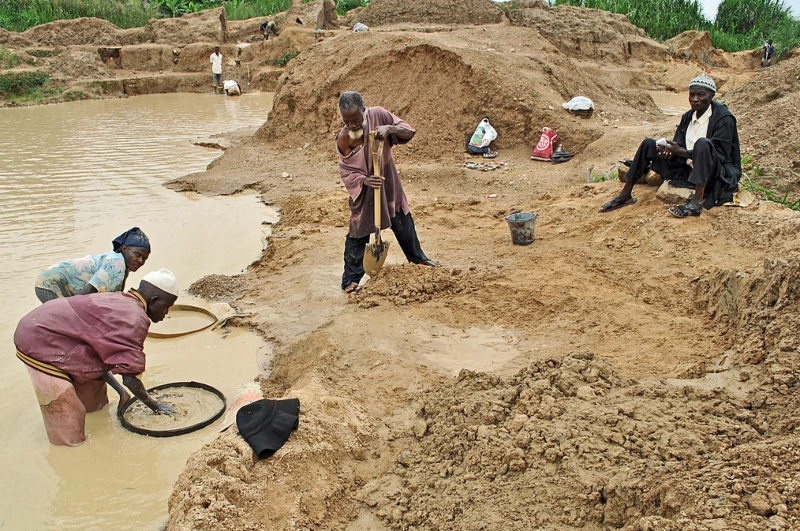
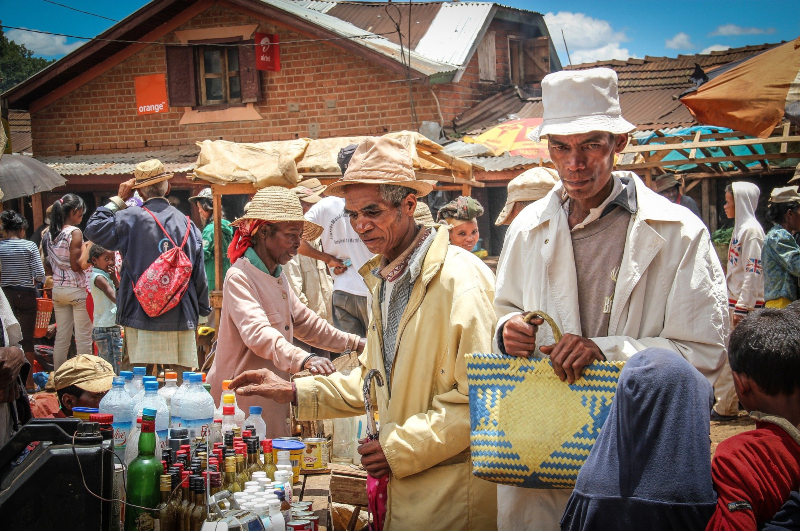
Select Payment Method
Pay by bank transfer
If you wish to make a donation by direct bank transfer please contact Fr Paul Hamill SJ treasurer@jesuits.africa. Fr Paul will get in touch with you about the best method of transfer for you and share account details with you. Donations can be one-off gifts or of any frequency; for example, you might wish to become a regular monthly donor of small amounts; that sort of reliable income can allow for very welcome forward planning in the development of the Society’s works in Africa and Madagascar.
Often it is easier to send a donation to an office within your own country and Fr Paul can advise on how that might be done. In some countries this kind of giving can also be recognised for tax relief and the necessary receipts will be issued.


